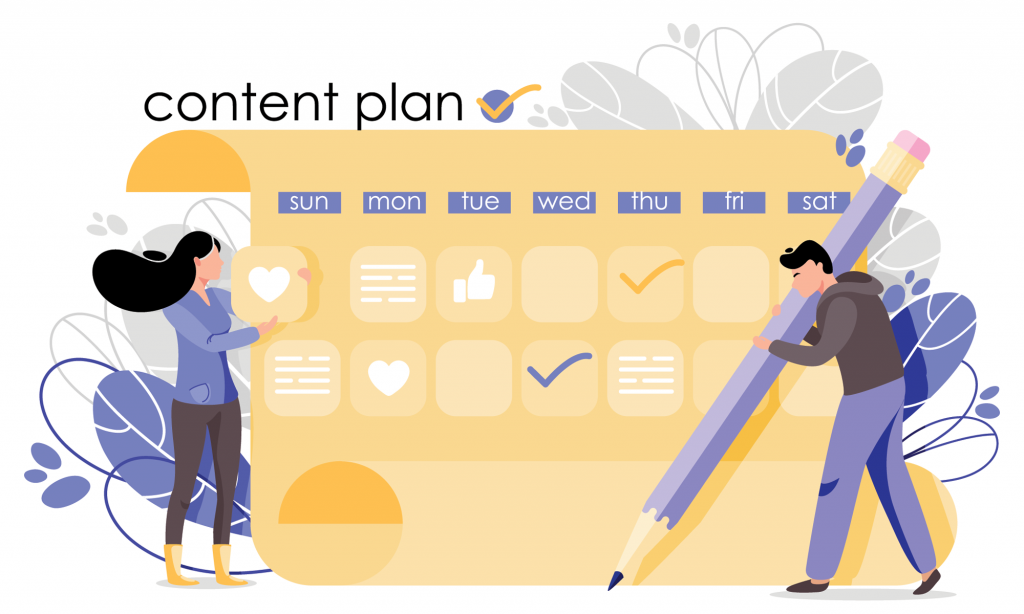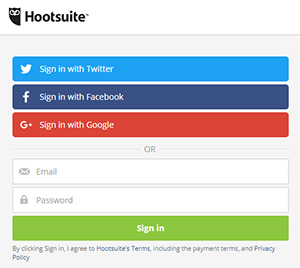So, You Want to “Do” Social Media!
I believe its a great idea for small businesses to participate in social media. Being on Facebook and a few other social media spots is expected by potential clients, and you can get more business by participating online.
Of course, “social media” is a broad category. When a potential clients asks me if I can help them, my first response is, “Yes!” And, then my expectation setting and question asking begins.
The major caution I have is that like most other things on the Internet, social media participation offers only incremental benefit to most businesses. It can help, a bit.
But, it’s unlikely that your killer Instagram photograph is going to go viral and prompt 100,000 people to call and want to buy your service.
It could happen, but it’s not likely that you’re going to be an international Internet meme. Rather, if you spend a fair amount of effort, you should expect that a few more people are going to feel like they know/trust/understand/want to engage with your business or buy its products.
Once we’ve discussed the most likely impact of social media, we need to talk about what type and how much social media the business wants to set up. These decisions themselves depend on why you decided to start a social media campaign.
A common basic motivation is business credibility. Clients expect you to be on Facebook and other platforms, and you do not want to disappoint and seem like an amateur outfit. Simply setting up accounts on a social media platform or two or three and populating them with basic information about your business could be enough. Maybe you’d even be content with claiming a stake on Facebook or another site without having a commitment to making regular (or any) updates.
More commonly, businesses want to build brand awareness. They want potential clients to discover them from their posts and because others have commented or mentioned the business in their posts. Brand awareness looks for spreading the business image by word of mouth in targeted online groups. For example, a local groomer might do a series of posts hoping that the local long hair dachshund owner’s group will mention the groomer’s services aimed at fluffier dogs.
The most intense purpose to be on social media is to obtain sales. Click here to buy/subscribe/join!
How Much Energy are You Willing to Spend?
Most businesses are focused on providing their services or products to customers. The owners didn’t going into business to do social media. So, one of the first things an owner has to do is to decide much of themselves are they willing to devote to social media/marketing.
How Much Money are You Willing to Spend?
If you want more involvement on social media than you’re able or willing to do yourself, then what do you need help with and how much social media support is reasonable for you to pay for?
Be strategic… even cautious!
The benefit from most marketing initiatives, including social media and search engine optimization for websites, provide incremental benefits. If you are a one-person or small-group organization whose product or service isn’t very social-media friendly (say manufacturing screws) and your average customer spends $50, then you may want only limited social media exposure. Keep the cost of acquiring new clients in proportion to the revenue each new client brings to your business.
Here are somethings to decide as you draw up your social media budget.
Where Do You Want Help?
Here are some questions to guide you on whether you, your regular staff, or consultants should take primary responsibility:
Where Do You Want to Be Social?
How many social media platforms do you want to participate in? Each takes some time to curate, and each has a different networking focus. Over time Ozdachs has participated in the ones below…
Here are spots I now suggest considering:
There’s a final cautionary note for you when you consider a social media campaign. Of the dozen or so clients I have set up with social media accounts and started their campaigns, maybe one or two kept engaging for a year or more.
Even when the others acquired a reasonable number of followers and could point to clients who found them on social media, most all lost focus and stopped posting. The participation on social media stopped being fun for the owners and the incremental benefits just weren’t worth it.
Of course, even coming and going on social media does have some benefit. Google and other search engines will continue to credit your business for what you did post. A few potential clients will stumble across your old posts online and contact you. And, for some businesses — especially those that typically make a significant amount of money from each like (like CPA’s, equipment sales people, etc.) — there is a more compelling reason to staying social.
Plus, the work you do to establish social media accounts is a one-time effort. Most social media platforms welcome you back whenever you decide you have more time to participate.
So, my bottom line suggestion is to take the plunge into social media. But, do it after you decide why you’re doing it and what resources you’re committing to the effort.



 Perhaps the most obvious collectors/sharers of data with Facebook are the other websites and services that allow you sign into them using your Facebook (or Twitter or ….) accounts.
Perhaps the most obvious collectors/sharers of data with Facebook are the other websites and services that allow you sign into them using your Facebook (or Twitter or ….) accounts. One tries to trick you into logging into your Facebook account to see the new features available to you. This is a really clever angle since earlier this week Facebook unleashed a site redesign which has been widely panned in part because Facebook didn’t pre-announce the changes or explain them.
One tries to trick you into logging into your Facebook account to see the new features available to you. This is a really clever angle since earlier this week Facebook unleashed a site redesign which has been widely panned in part because Facebook didn’t pre-announce the changes or explain them. Here’s how I quickly spotted these messages as phony:
Here’s how I quickly spotted these messages as phony: